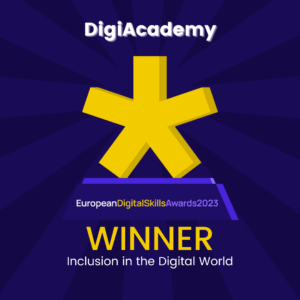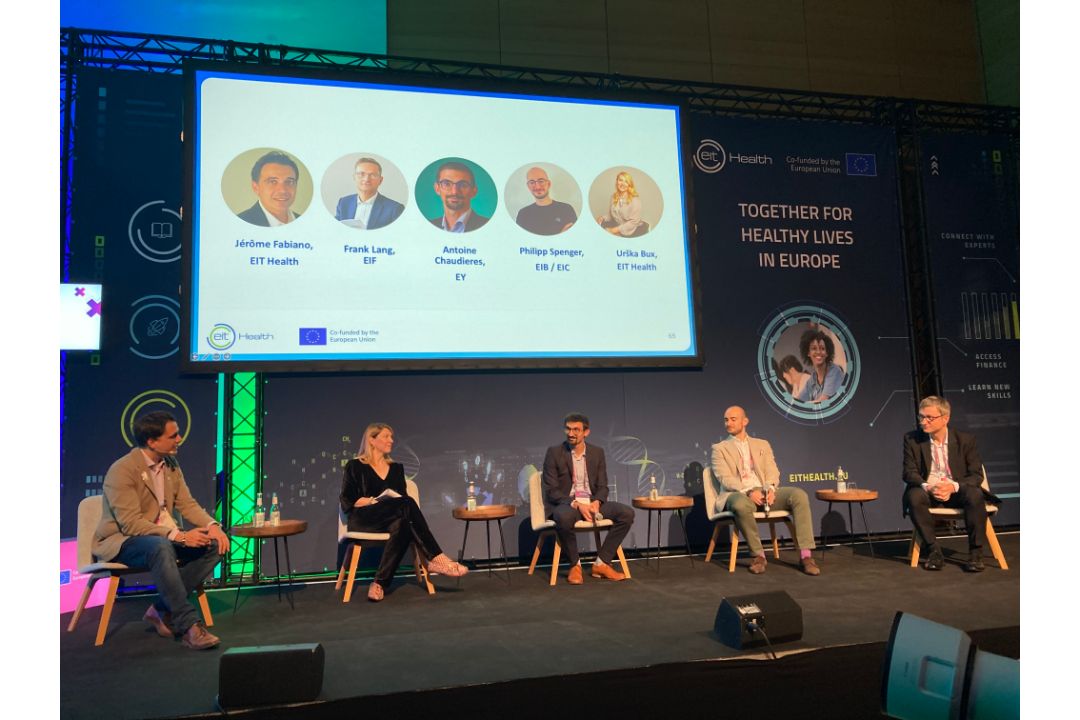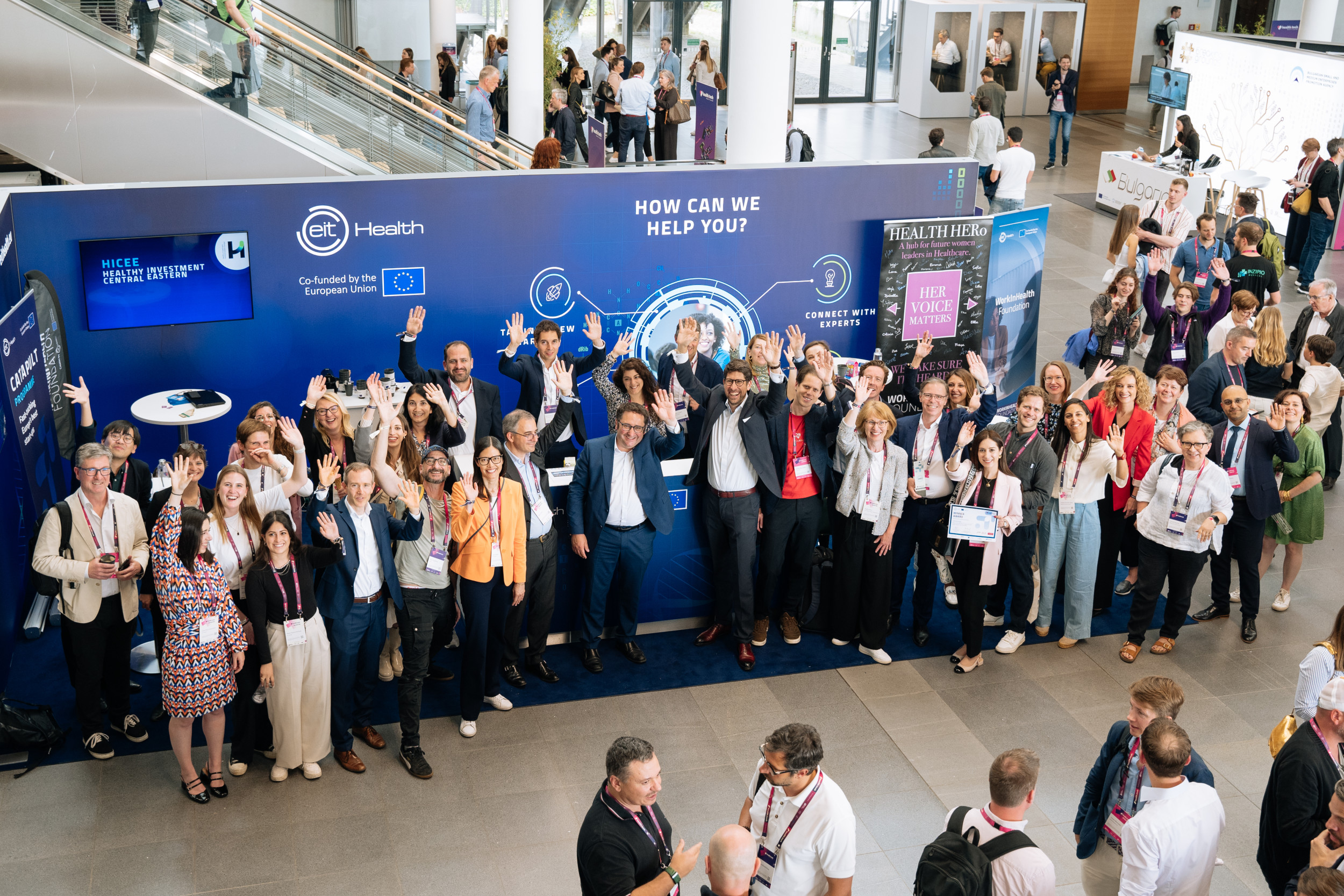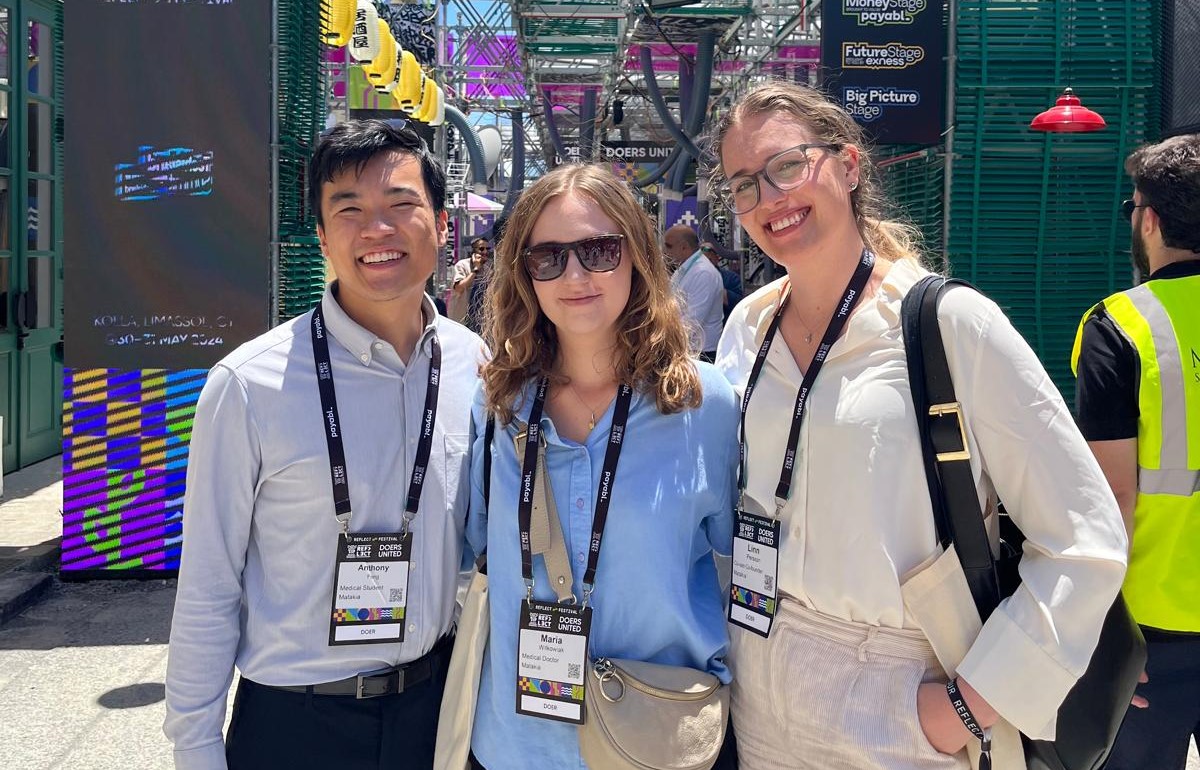22nd August 2023
Approximately 200 million people globally have intellectual disabilities and they often face a digital divide due to limited literacy or communication skills, equipment accessibility, safety concerns or navigating cyber-etiquette.
Digi-ID PLUS, a pan-European project, addresses the challenges of digital inclusion and digital literacy among people with intellectual disabilities (ID). At the heart of the project is the Digi-ID Citizen Advisory Panel (CAP), a group of individuals with ID and accessibility needs, hired as experts to support the project.
In this instalment of the ‘Conversations with our Network’ series, we interview Dr. Esther Murphy, Principal Investigator of the EIT Health-funded Digi-ID PLUS programme at Trinity College Dublin. Read on to find out how the programme is bridging the digital divide and fostering social inclusion through technology.
Q1. Tell us about the Digi-ID PLUS programme.
The Digi ID PLUS programme was designed in response to the need for digital inclusivity and inclusion of people with intellectual disability. This was really accelerated during COVID when we became aware of how digitally disconnected this population was – our response was to support digital literacy and access.
Q2. Why do you think digital inclusion is important?
The World Health Organisation recognises digital access and digital inclusion as a human right. Digi ID PLUS has been designed in this context to ensure nobody is left behind in our digital age. We, together with our community of over 500 people with ID across Europe, codesigned the programme. It is an accessible digital skills video education platform to enable people with intellectual disability and autism gain access to our digital society, through learning at a pace that suits them and teaches them how to access mainstream technology to better enhance their own health, wellbeing and inclusion.
Q3. What has surprised you in terms of your findings during the project?
Digi-ID PLUS has purposely been designed as a multidisciplinary programme, recognising that this is a global challenge that requires many disciplines working together. What has been surprising and in the most positive way is how this community has come together to support each other. At the programme’s inception, the decision to include a citizen advisory panel and ensure genuine engagement with the community of individuals with ID and autism proved to be pivotal.
The journey of co-designing our solution has been both rewarding and surprising, underscoring the remarkable potential of these learners when technology becomes more accessible through inclusive education.
Q4. How has EIT Health supported the project?
Engaging with EIT Health has brought multiple benefits for our programme, in particular engaging with new communities and enabling new networks and connections, especially the support through the experts in the innovation space. What has been really exciting is to be involved in a programme and be supported by a funder who recognises our research and supports us to bring our solution to life and into the hands of our community.

Q5. The programme recently won a European Digital Skills Award. In what ways do you think this impacts the potential for broader expansion?
It was truly a great honour to have been awarded the European Digital Skills Award 2023 in the Inclusion in Digital World category. Being acknowledged by the European Commission as a model of best practice of accessible digital skills training and co-design holds immense significance. This co-design approach, as previously discussed, comes with its own set of challenges—particularly when engaging with a community with prior low technology access and use. Their motivation for shaping this programme was to address digital disenfranchisement, and realising our ability to collaborate and devise methodologies for their support is exceptionally inspiring. Witnessing the success we’ve achieved alongside our European partners and replicating the co-design model has been rewarding. With EIT Health’s invaluable support, we are exploring the prospects of scalability and widespread implementation of our solution.
The complexity of engaging with populations facing cognitive challenges adds another layer to this recognition. It’s exciting to acknowledge that if we can successfully engage individuals with cognitive difficulties through accessible means, the lessons learned from this process can be applied to mainstream co-design approaches. So proud of all the team especially all our Citizen Advisory Panels and teachers, this win is for us all.
Q6. Are there any plans for further developments in the programme to cater to the evolving digital needs of individuals with intellectual disabilities?
Certainly, our focus is strongly aligned with the concept of leveraging tech for good. My recent involvement in a new affiliation with Trinity College’s Adapt Centre — an internationally recognized hub for AI—has opened up valuable discussions about AI for the betterment of society. Ensuring the inclusion of our community in these dialogues and the development of novel solutions is important. Our affiliation with the Adapt Centre offers a unique opportunity to harness AI’s potential and integrate our community’s perspective.
Our collaborative efforts with various disability organisations are continuously expanding. This cohesive approach allows us to not only actively participate but also contribute meaningfully to conversations surrounding new technologies.
What’s noteworthy is that many of our learners are digital natives, well-versed in social media usage. While there may be certain safety considerations, we are dedicated to fostering their curiosity and ensuring a safe and empowering digital experience via accessible education delivered with and for our learners. Our approach hinges on listening intently to their preferences and curiosities, co-designing the learning journey with their input, pushing boundaries of co-creation to empower our Panel members to take up role as our digital educators. Moreover, we are fortunate to have a network of proficient collaborators who engage in these emerging technology conversations, ensuring that our community isn’t left behind as advancements continue to shape our world. We are committed to keeping this population at the forefront as we collectively navigate the ever-evolving landscape of technology.
To learn more about the Digital-ID PLUS programme, contact: digi-id@tcd.ie
Whether you’re a student, healthcare professional, entrepreneur, or anything in between, programmes at EIT Health that can help you achieve your goals. Find out more by subscribing to our newsletter.
New report reveals skills gaps impeding healthtech innovation

A must-read for healthcare start-ups and venture capitalists
Perspectives on the HealthTech ecosystem

Key takeaways from the health.tech conference 2024
